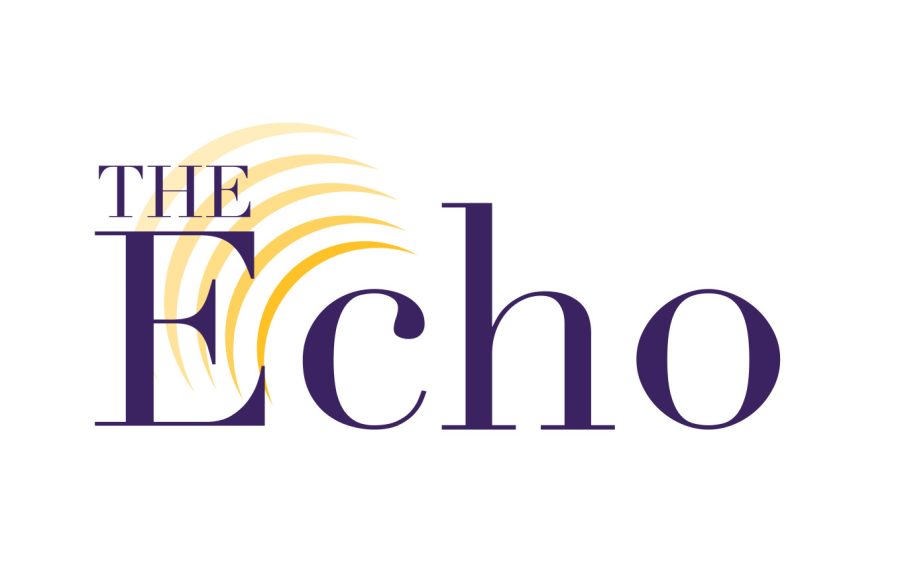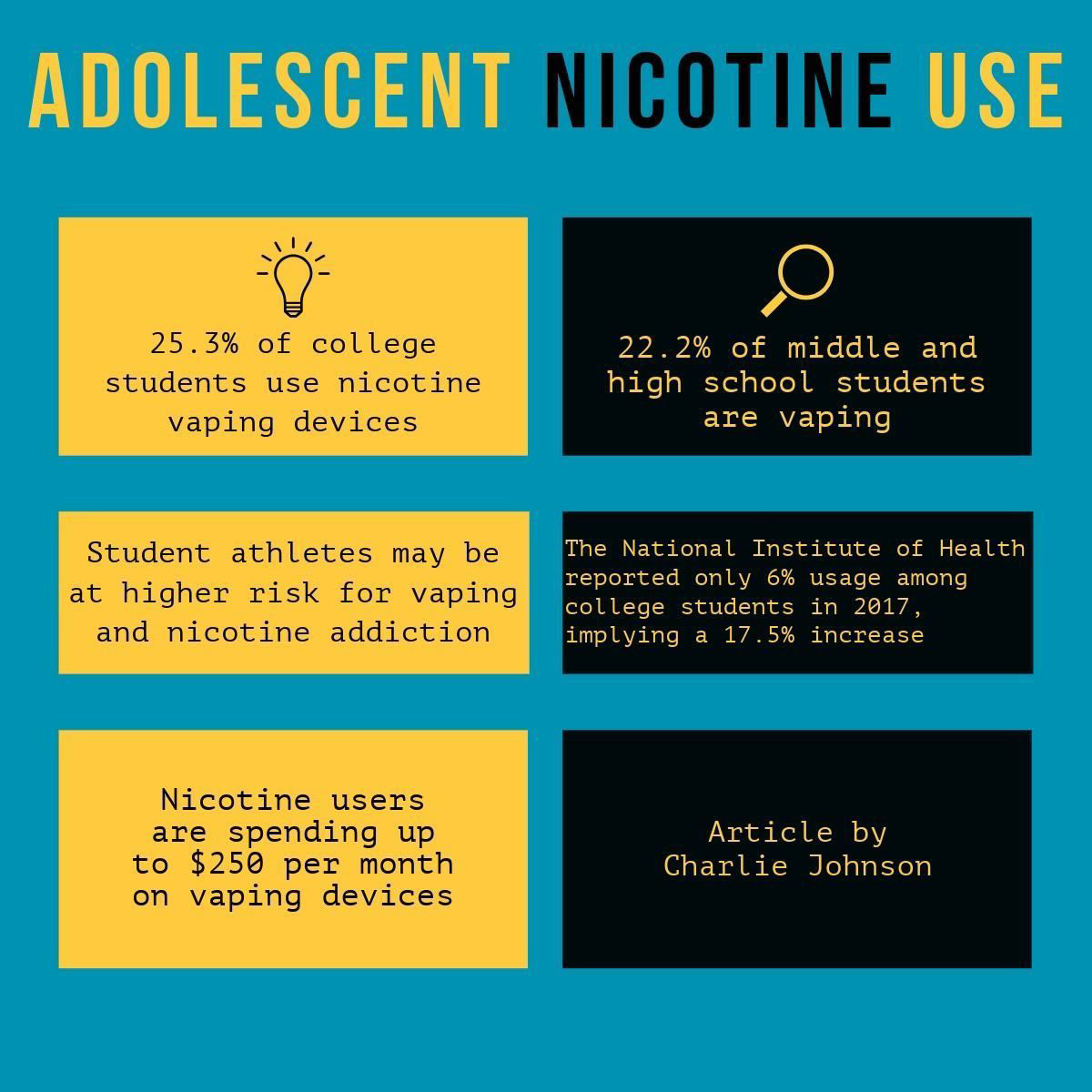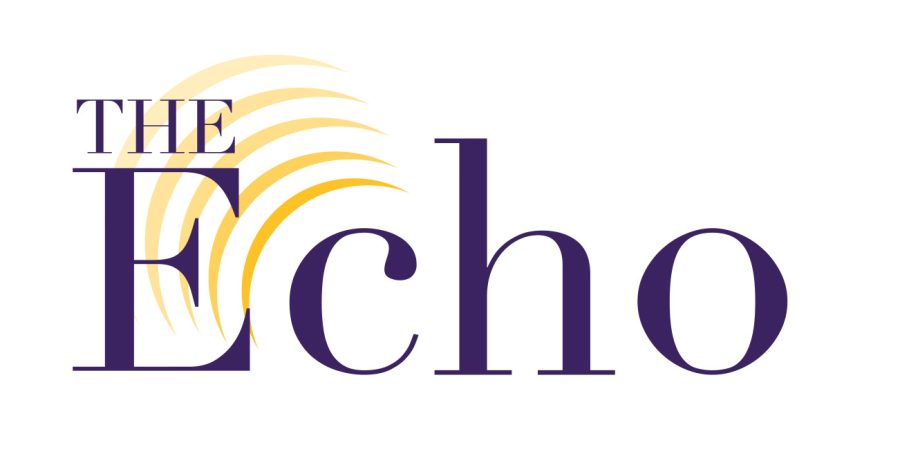Higher education is about to become even more expensive.
The tax bill passed by the House of Representatives and U.S. Senate Saturday will both eliminate the tax-based deduction for those paying off student loans and begin to treat graduate students’ research and work at their universities as a taxable income.
“This doesn’t just impact the students, it impacts the middle class families who send their kids to college,” said John Casselberry, Second Vice Chair of the Ventura County Democratic Party.
The current tax plan provides an above the line deduction for students and families who are paying off student loans. This deduction, called the Student Loan Interest Deduction, can save families up to $2,500, according to CNN.
The Senate tax bill plans to keep this deduction as is, while the House bill plans to eliminate it. In each plan, however, California will be hit especially hard. This is because California operates on a high income tax, low property tax model, said Casselberry. This means states with a heavier reliance on property tax will be OK, but California will see heavier deductions.
“Essentially, the government is double-dipping in the money that we earn. That’s really going to hurt everyone, not just middle class families, or working class families, but really everyone except the very rich,” Casselberry said.
The proposed tax bill will affect graduate students as well.
Many colleges offer free or reduced tuition for employees and their families, according to CNN. This encourages family members to work at the university their children are studying at, but also is part of how graduate students tend to afford their education.
Under the proposed House bill, graduate students would be taxed on the income they make from this waiver.
“I feel like that shouldn’t be taxed because you’re doing a service to the university and helping out other students,” said Briana Shneyder, a senior at California Lutheran University planning on going to graduate school next year.
At Cal Lutheran’s School of Management, however, this impact will not be seen as drastically as it will at other institutions.
“Considering that we have approximately 800 graduate students at the School of Management out of which only about two dozens annually have graduate assistantships, the percentage of grad students impacted will be rather low, said Gerhard Apfelthaler, Dean of California Lutheran University’s School of Management in an email interview.
However, at other institutions around the country “about 27,000 undergrads and 145,000 graduate students receive this kind of tuition waiver,” according to CNN Money.
These kind of tax propositions are confusing to a lot of people who believe that higher education should be at the forefront of things that are accessible.
“We live in an age where the competition between nations will be decided by who has the smartest workforce. Therefore, a tax plan that makes it more difficult for students to complete as high a degree as possible is a threat to the wealth, progress and possibly even the security of a nation,” Apfelthaler said.
Natalie Elliott
Reporter








